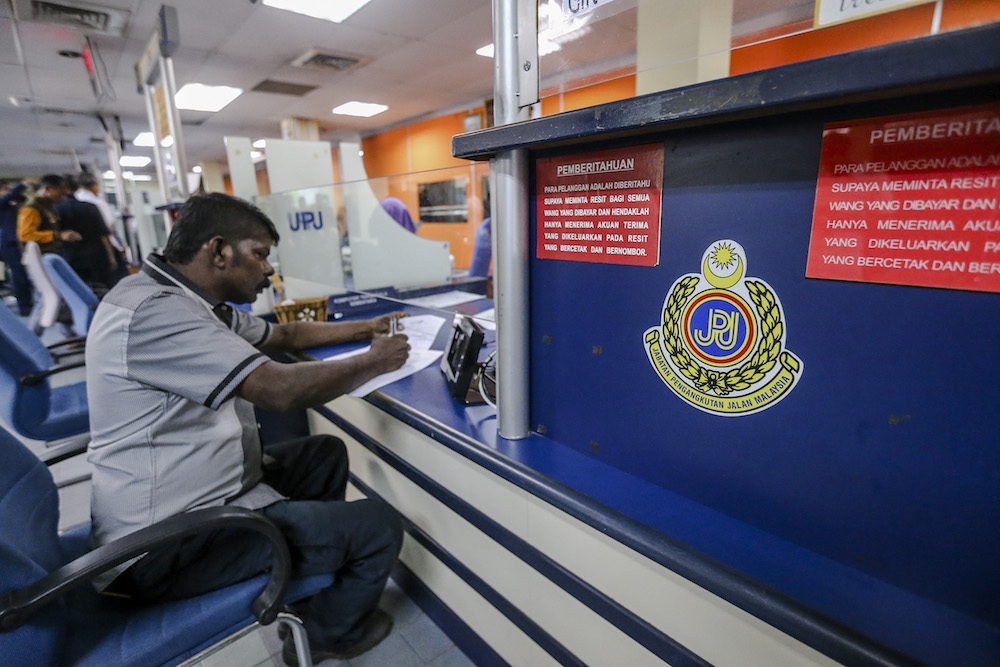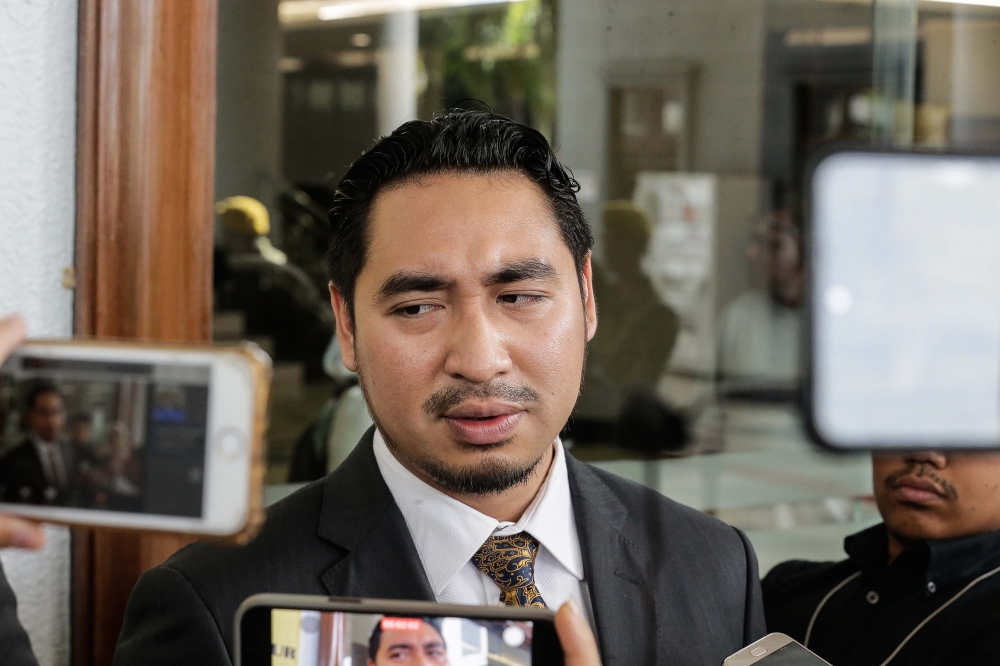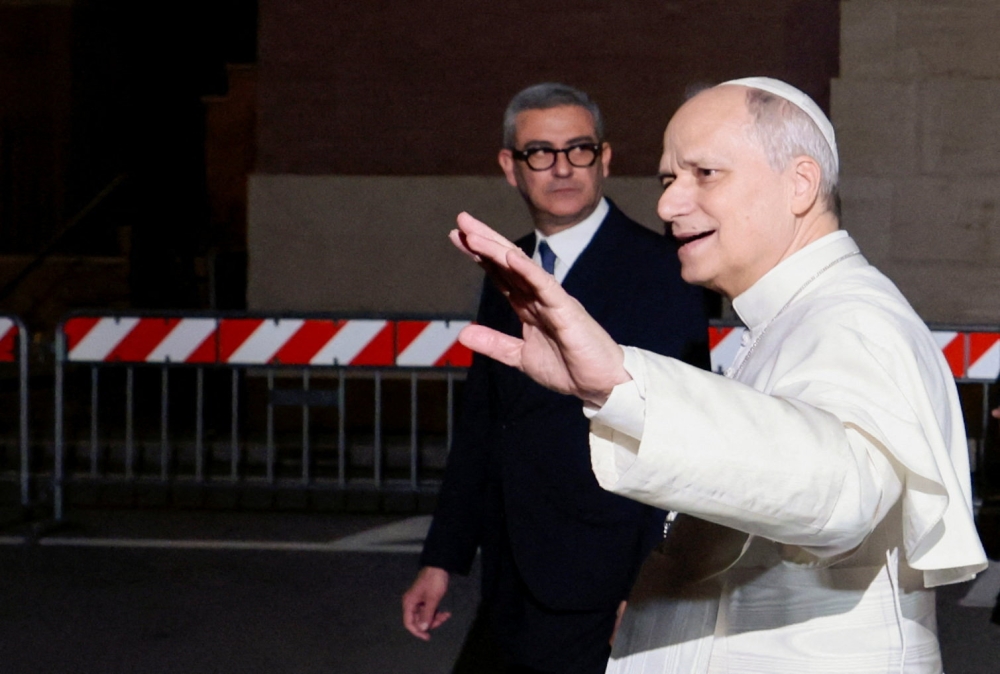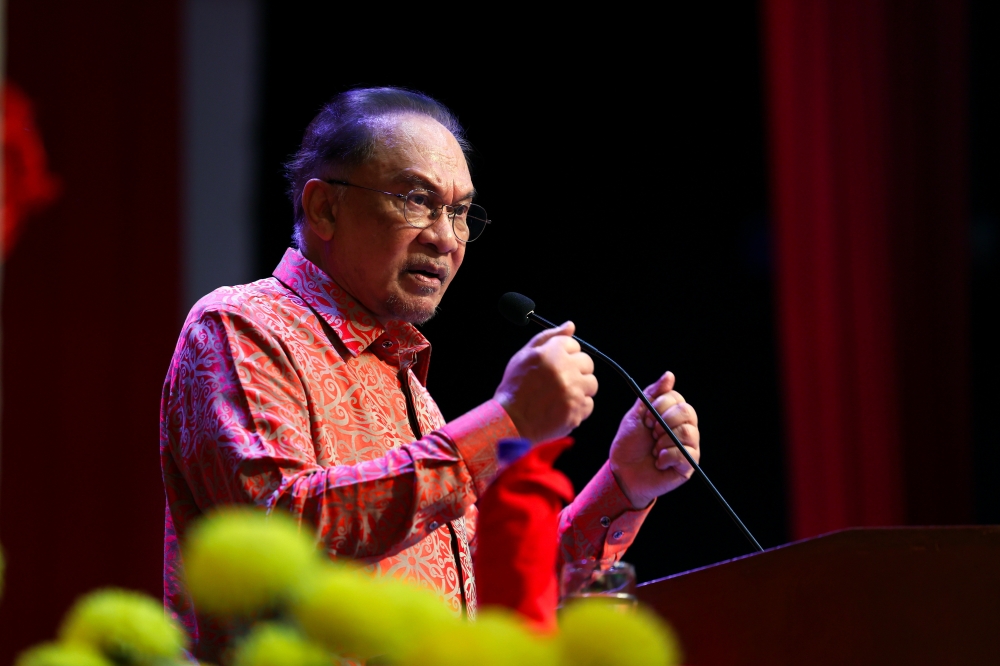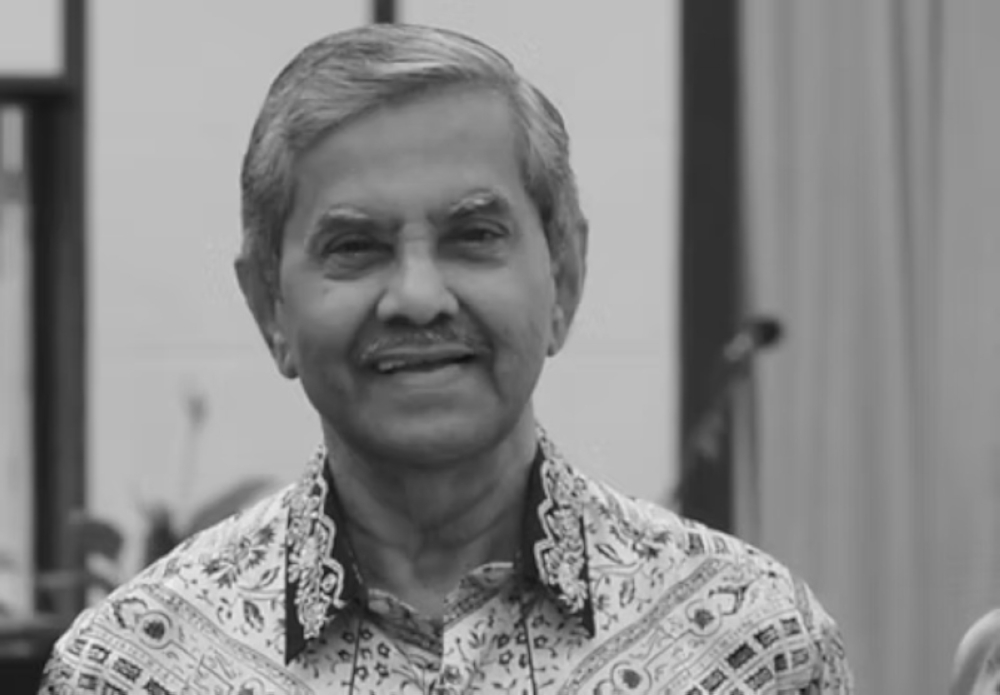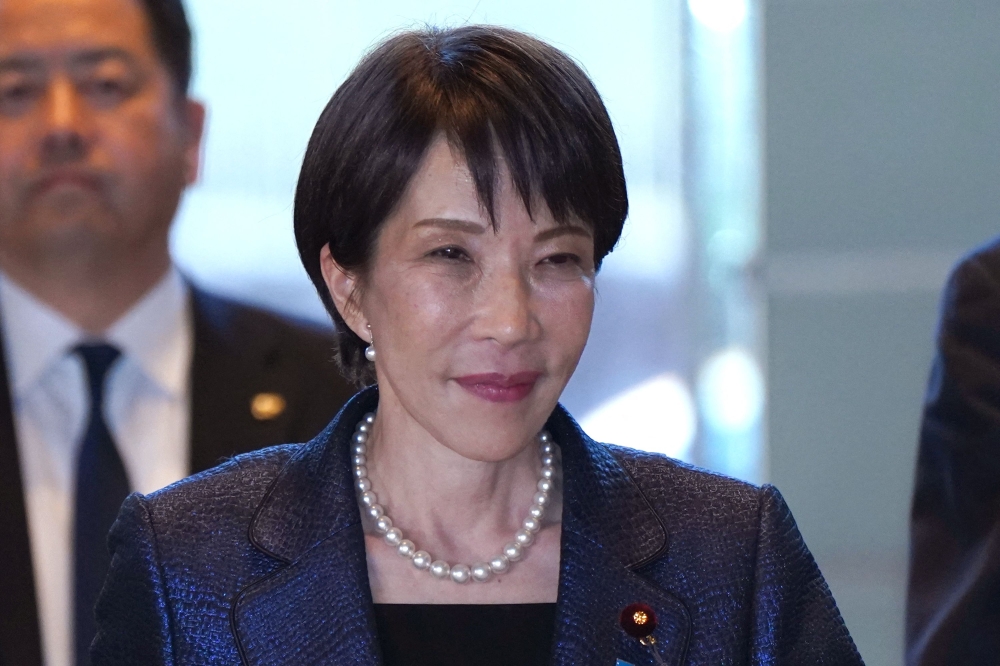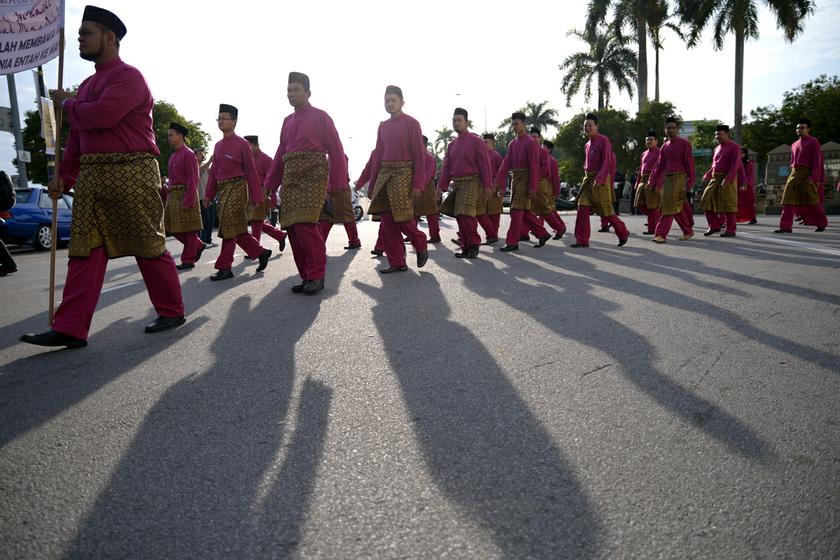KUALA LUMPUR, March 1 — The ultra-conservative Islamic movement of wahhabism has no place in Malaysia as its followers are fond of declaring other Muslims apostates just for not adhering to wahhabi teachings, the National Fatwa Council said.
In a report in Malay daily Sinar Harian today, the council said that wahhabi followers have deduced that followers of the Sunni branch of Islam are extremists and therefore ill-suited in Malaysia, a country where most Muslims are Sunnis.
“They view every practice that was not performed by Prophet Muhammad as bid’ah and a departure from Islam,” said National Fatwa Council chairman Prof Emeritus Tan Sri Dr Abdul Shukor Husin, using the Arabic term for “innovations”, which are forbidden by Islam.
“They feel what is practised by Sunnis are bid’ah, and not according to sunnah,” he added, referring to the collected saying and habits of the prophet.
Despite that, Abdul Shukor said it is up to each state to restrict the teachings of wahhabi using fatwa, or religious decrees, and conceded that any decision would not affect bilateral ties between Malaysia and Saudi Arabia.
Last week, Negri Sembilan mufti Datuk Mohd Yusof Ahmad announced that the movement was declared haram, or prohibited, in the state as it is against Sunni teachings.
In a separate article today in Sinar Harian, the permanent chairman of PAS’ ulama wing chastised Negri Sembilan for being “hasty” in its decree for fear of breaking the Muslim community apart.
“We are preachers and not judges, to say this is allowed and that is not. We have to be careful in deciding because it is the right of Allah,” Dr Hamdan Muhammad told Sinar.
Putrajaya, which recognises only the Sunni denomination, has been stepping up its campaign against other branches which are regarded as “deviant” by Malaysia, especially Shiah, which is Islam’s second-largest branch.
After the two largest denominations, Islam is further divided into different schools of jurisprudence, of which only the Shafi’i school—followed by 29 per cent of Muslims worldwide—is recognised by Putrajaya.
Wahhabism is an orthodox and fundamental Islamic “reform movement” to restore what it sees as “pure” Islamic worship, and named after 18th century preacher and scholar Muhammad ibn Abd al-Wahhab.
Followers of wahhabism are also called salafis, and the movement’s dominance grew across the world starting from the 1970s as oil-rich Saudi Arabia pumped money into its spread through books, scholarships, and building Islamic education institutions.

